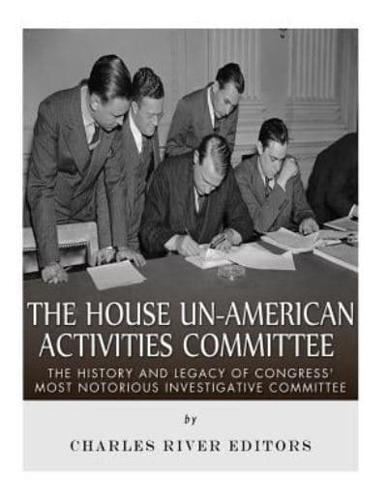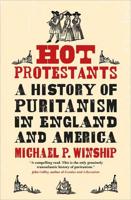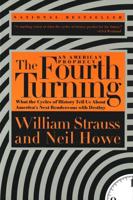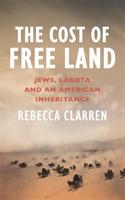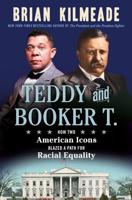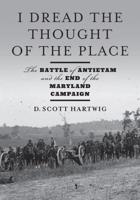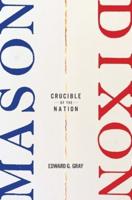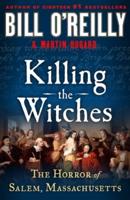Publisher's Synopsis
*Includes pictures *Profiles the Alger Hiss case before Committee *Includes testimony from various Hollywood actors before the Committee *Includes online resources and a bibliography for further reading *Includes a table of contents "I've said many a time that I think the Un-American Activities Committee in the House of Representatives was the most un-American thing in America!" - Harry Truman, 1960 In 1947, at the start of the Cold War, President Truman tried to assure Americans who were worried about Communists in government that he was "not worried about the Communist Party taking over the Government of the United States, but I am against a person, whose loyalty is not to the Government of the United States, holding a Government job. They are entirely different things. I am not worried about this country ever going Communist. We have too much sense for that." Nonetheless, shortly after World War II, Congress' House Committee on Un-American Activities (HUAC) began investigating Americans across the country for suspected ties to Communism. The most famous victims of these witch hunts were Hollywood actors, such as Charlie Chaplin, whose "Un-American activity" was being neutral at the beginning of World War II, but at the beginning of the Cold War, many Americans had the Red Scare. In a similar vein, Wisconsin Senator Joseph McCarthy would make waves in 1950 by telling the Republican Women's Club in Wheeling, West Virginia that he had a list of dozens of known Communists working in the State Department. Among the people called before HUAC, perhaps none are as controversial as Alger Hiss. Hiss had graduated from Harvard Law, after which he worked as a clerk for Supreme Court Justice Oliver Wendell Holmes, worked in the Roosevelt administration for the Agricultural Adjustment Association, and was Head of the Carnegie Endowment for International Peace. That background didn't exactly sound like one held by a Soviet spy, let alone a Communist, but Elizabeth Bentley, a former Communist, notified the Committee about a suspected spy ring and named several names, including Hiss. More notably, Hiss was also accused of being a Communist and Soviet spy by an admitted Communist, Whittaker Chambers. With the Communist threat at the fore during the early '50s, HUAC became one of the most influential governmental bodies in America, but when McCarthyism was discredited during the McCarthy-Army hearings in the middle of the decade, the anti-Communist crusaders fell into disrepute. In 1969, Thomas Geogheghan wrote in the Harvard Crimson, "In the fifties, the most effective sanction was terror. Almost any publicity from HUAC meant the 'blacklist.' Without a chance to clear his name, a witness would suddenly find himself without friends and without a job. But it is not easy to see how in 1969 a HUAC blacklist could terrorize an SDS activist. Witnesses like Jerry Rubin have openly boasted of their contempt for American institutions. A subpoena from HUAC would be unlikely to scandalize Abbie Hoffman or his friends." As Geogheghan's assertions suggest, HUAC was well in decline by the time the '60s dawned, a fact so obvious that HUAC actually tried to restore its reputation by changing its name to the Internal Security Committee in 1969. Nevertheless, a few years later, the committee's authority was rolled into the House Judiciary Committee's, bringing to an end one of Congress' most controversial chapters. The House Un-American Activities Committee: The History and Legacy of Congress' Most Notorious Investigative Committee chronicles the origins of the Committee and its work during World War II and the Cold War. Along with pictures of important people, places, and events, you will learn about HUAC like never before.
